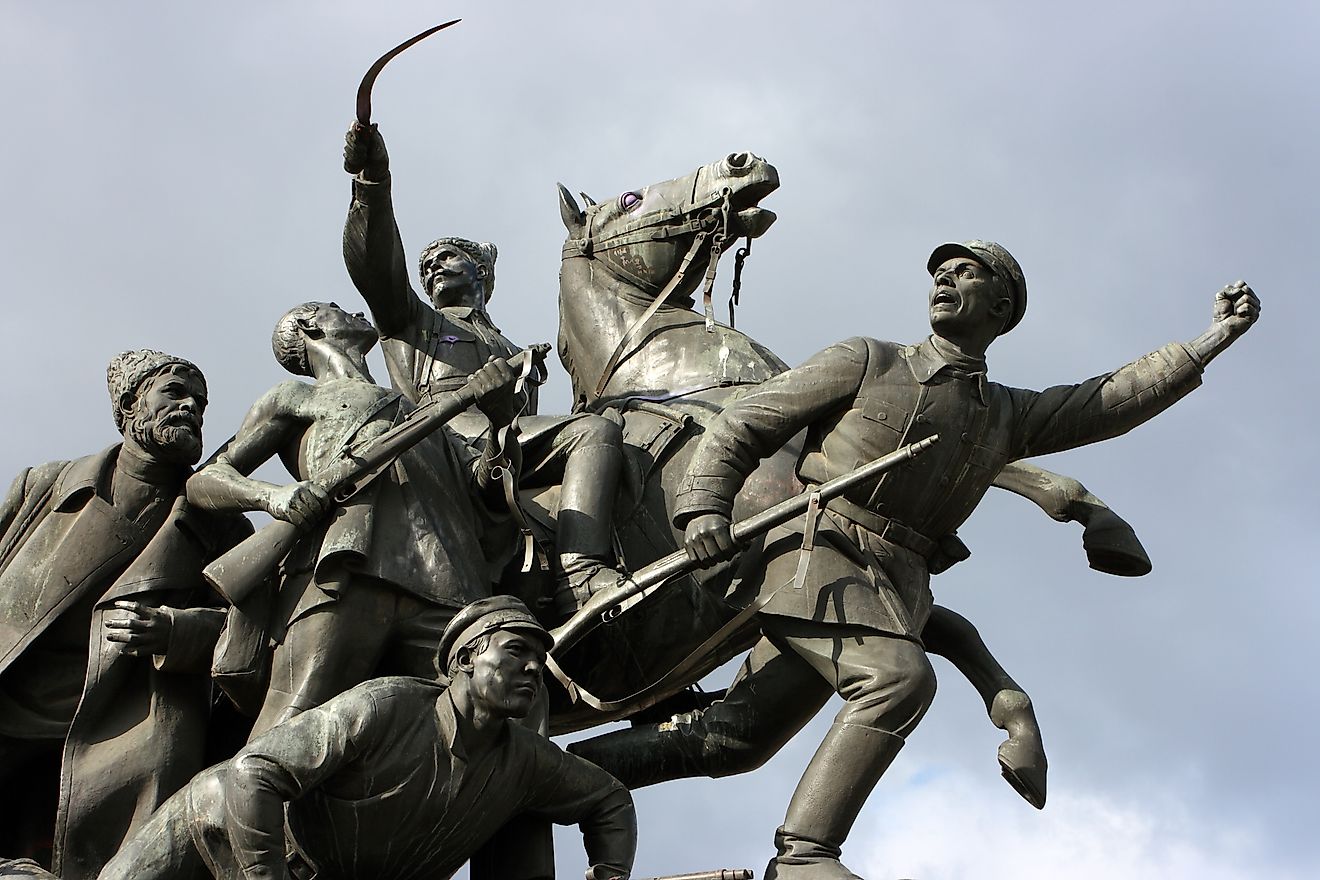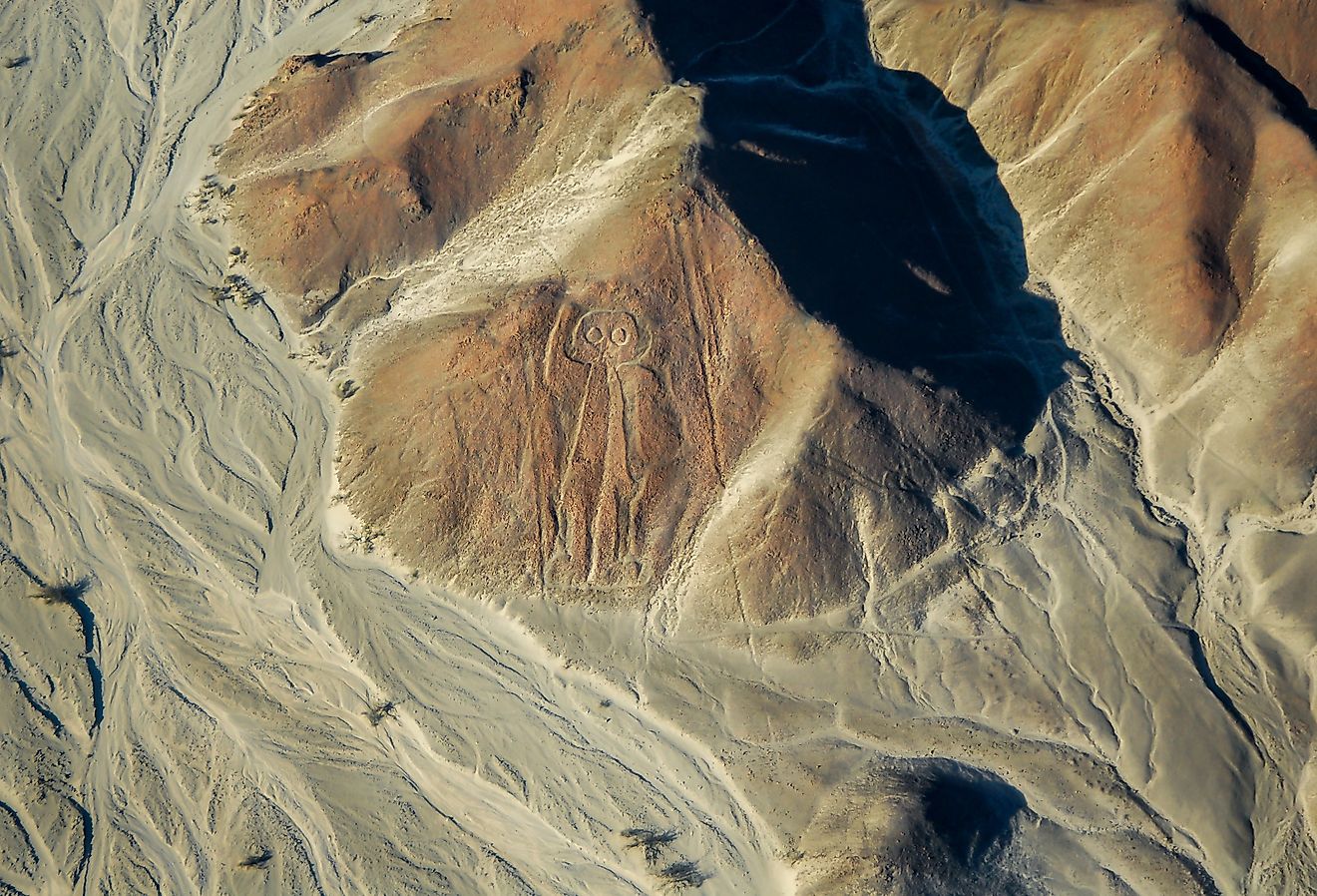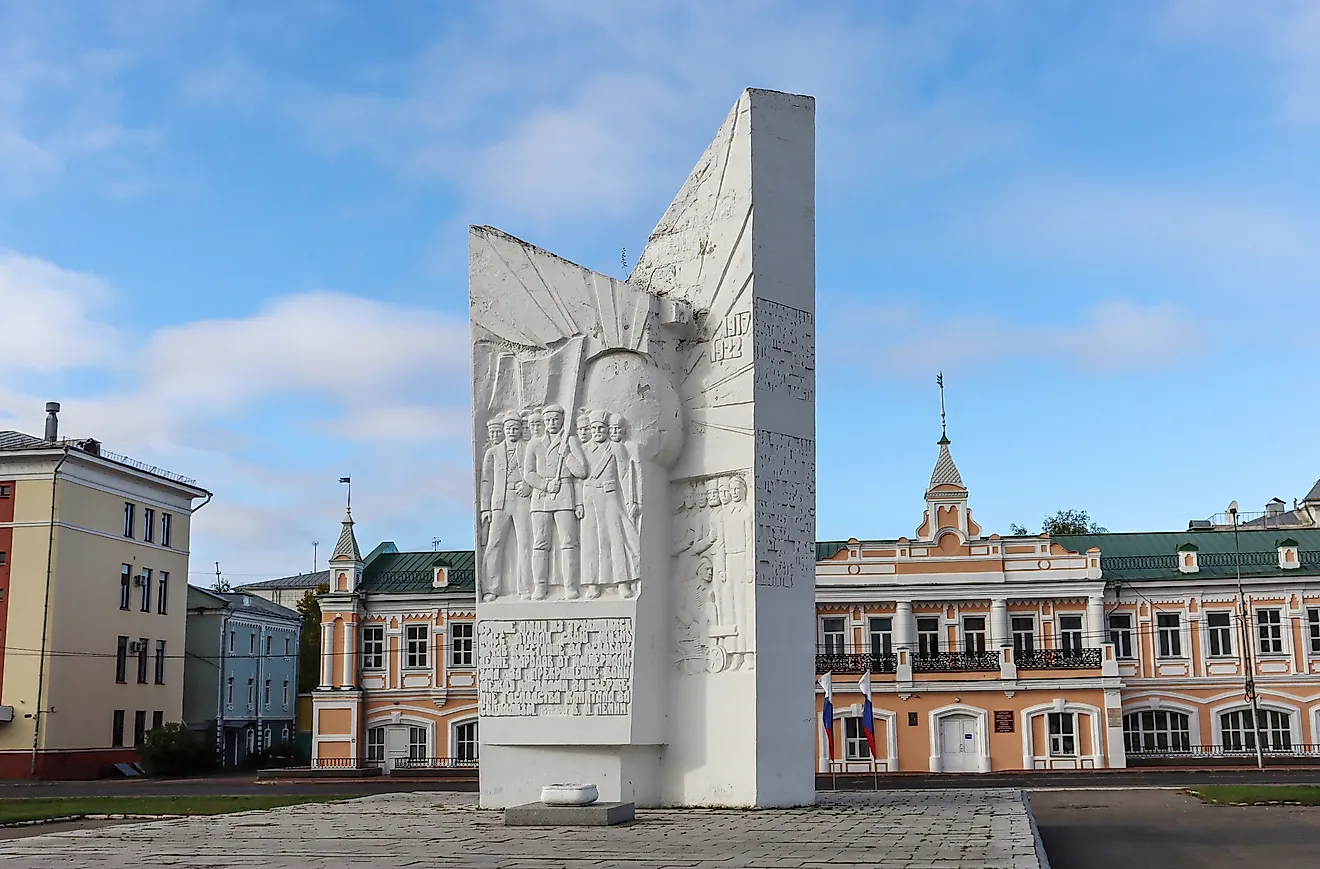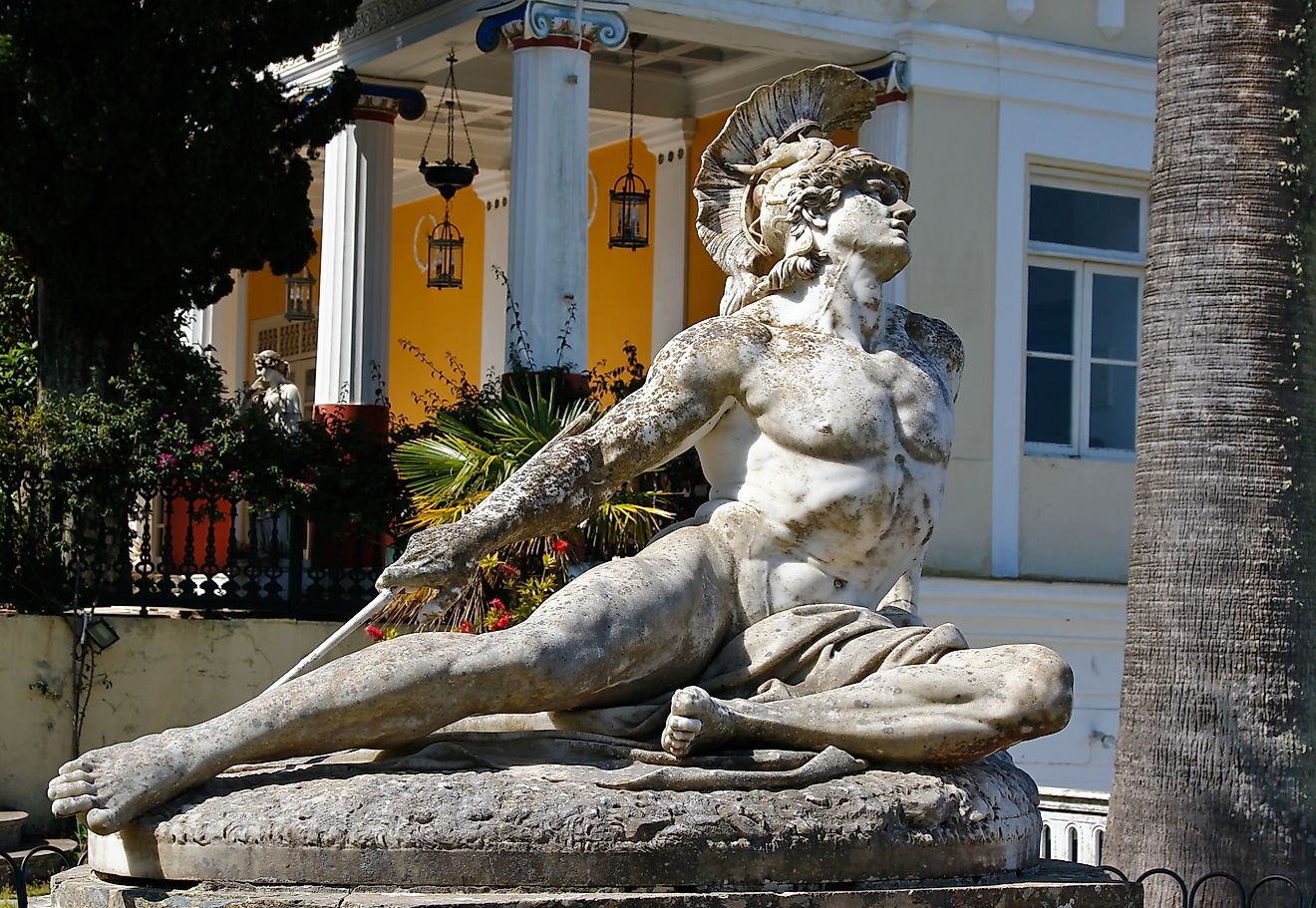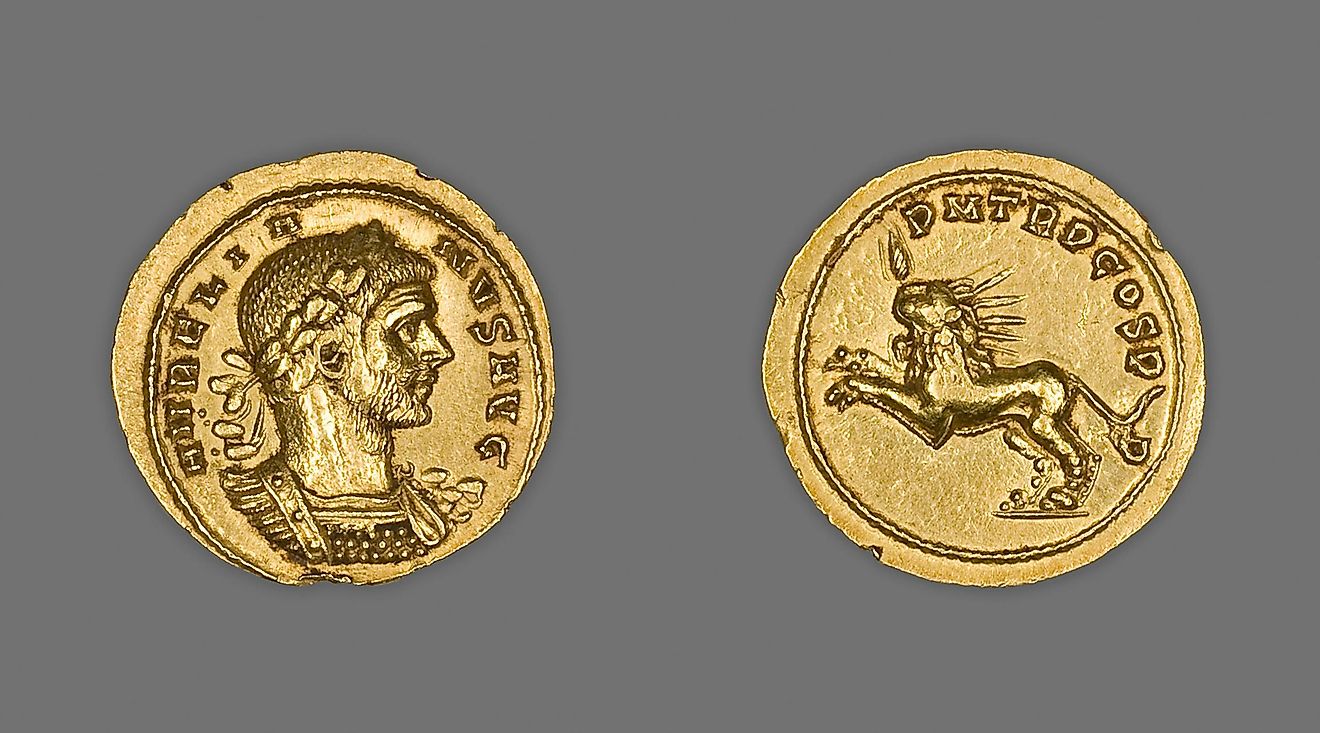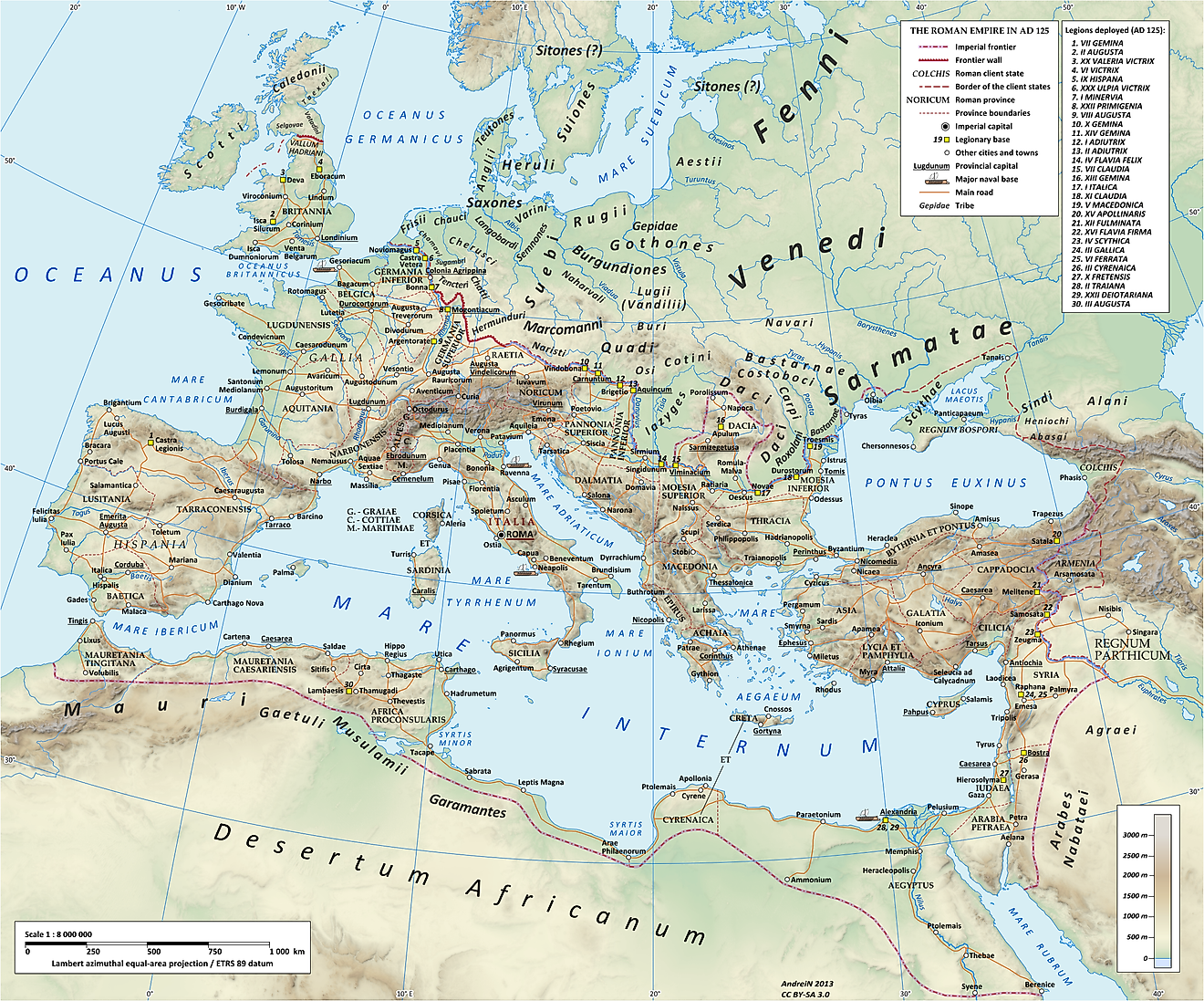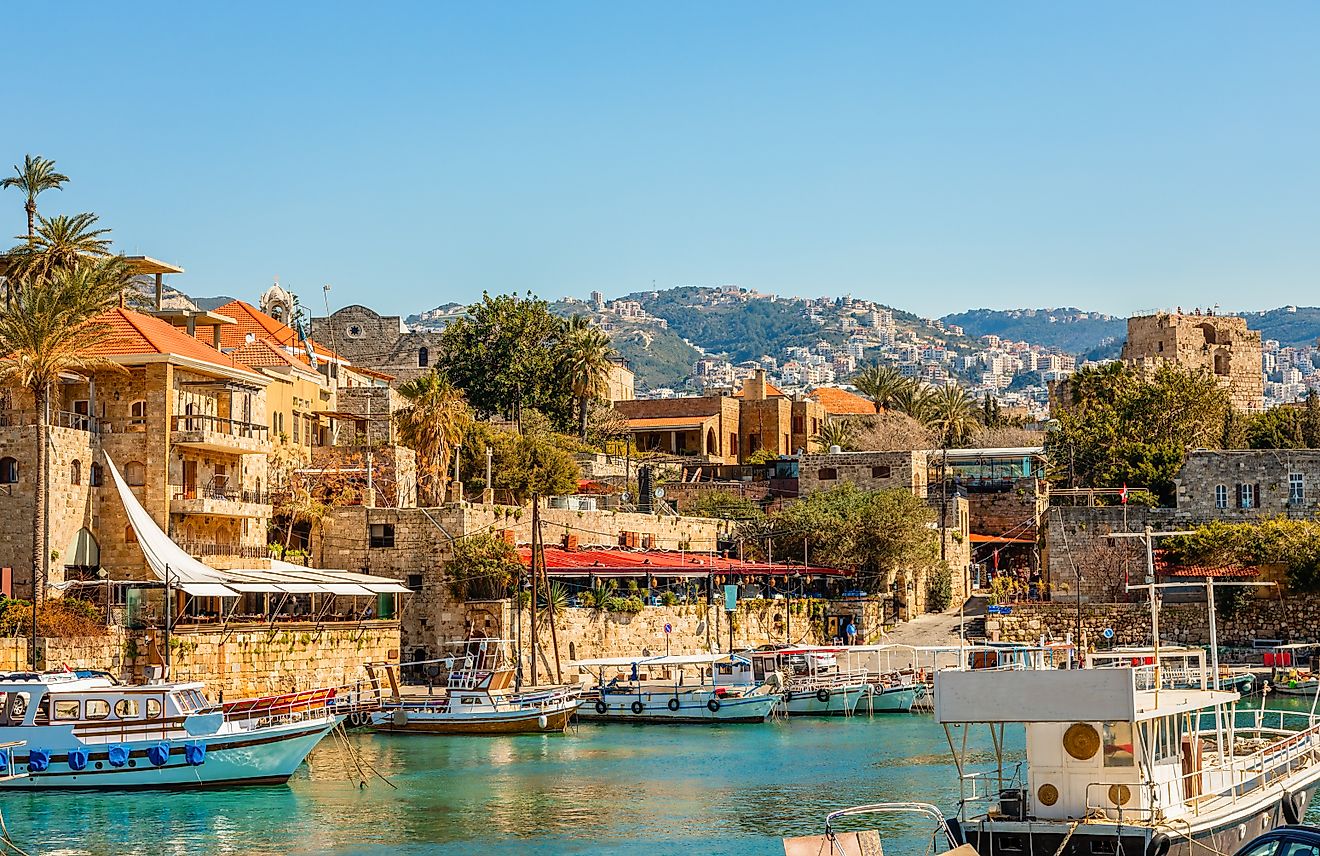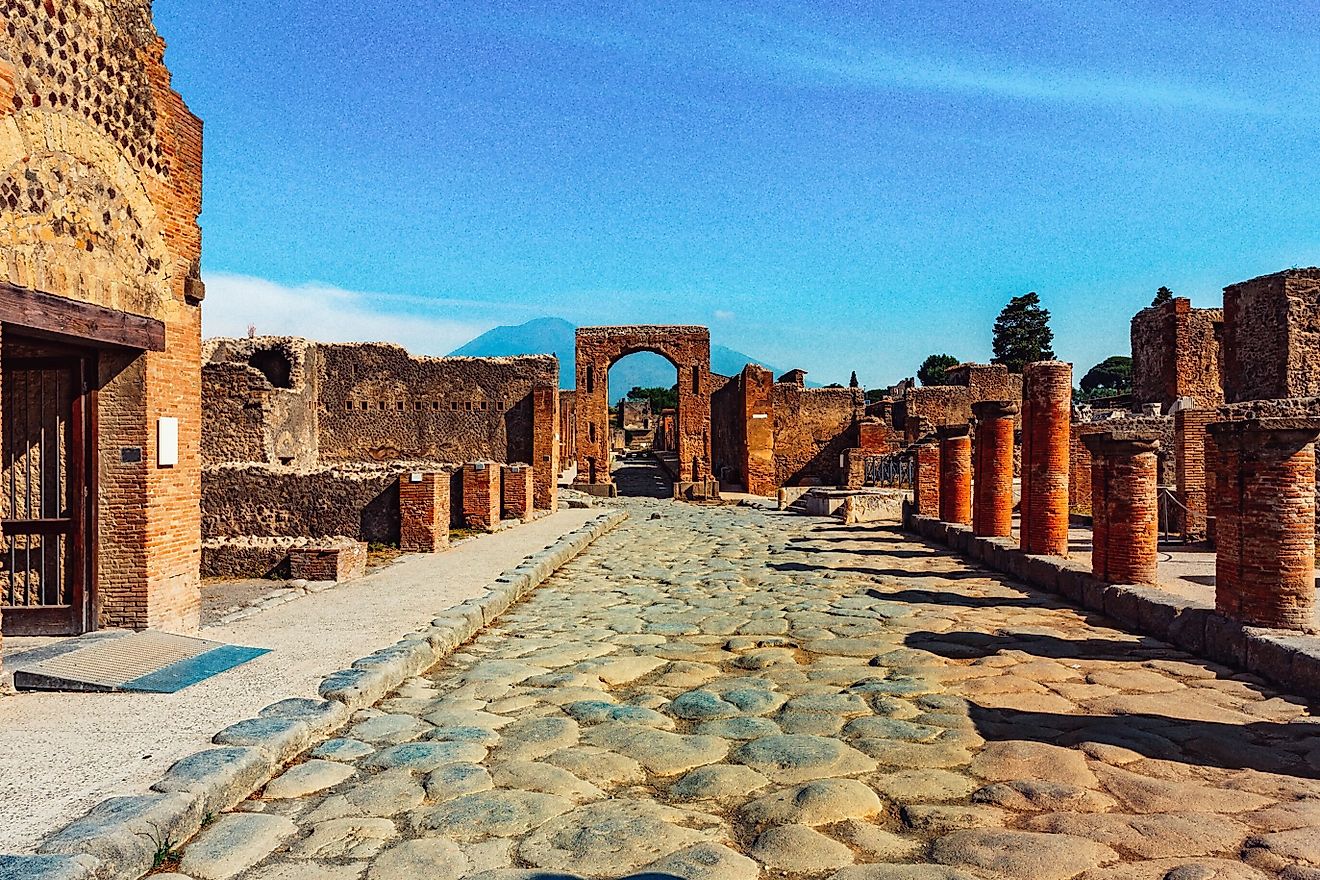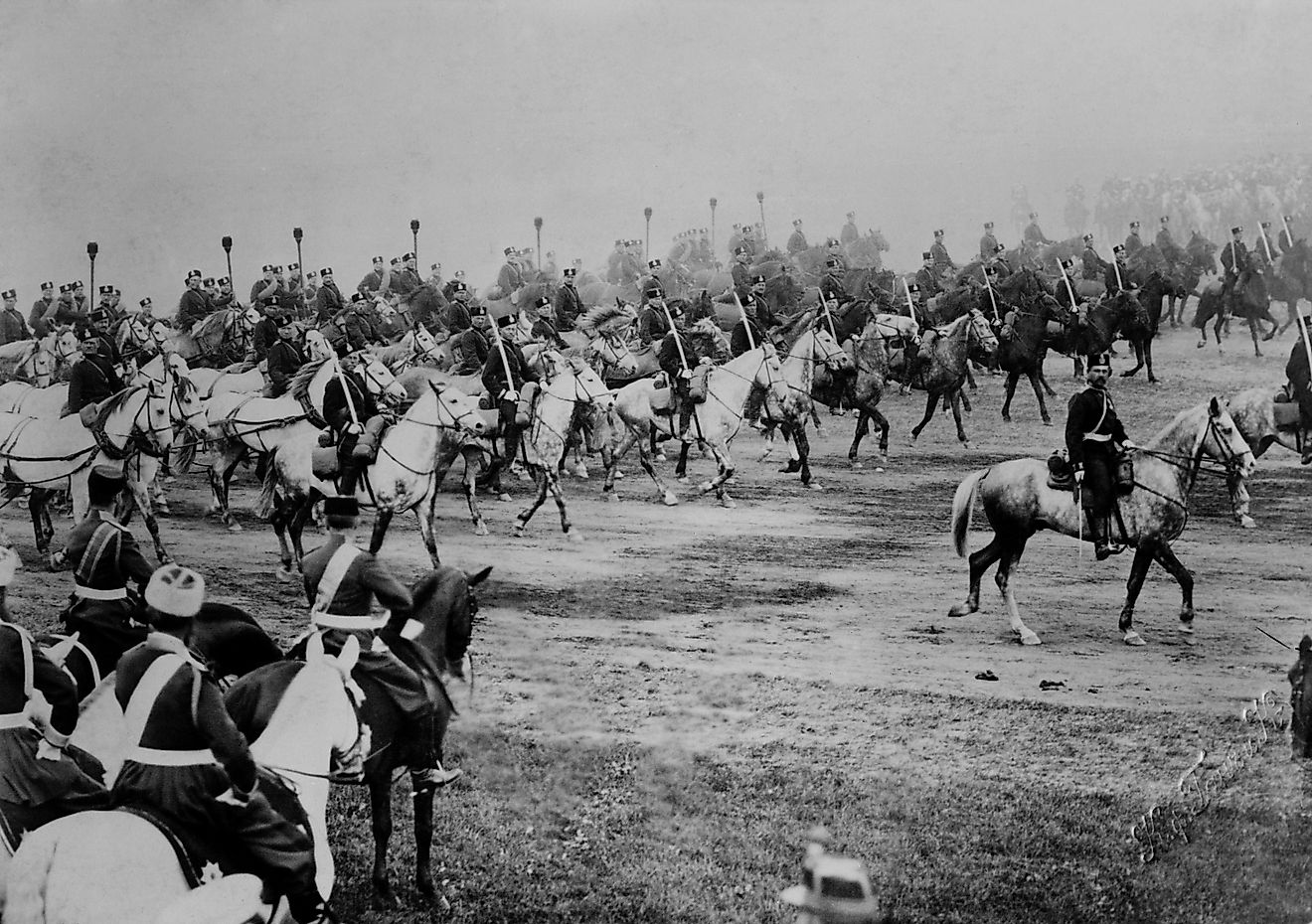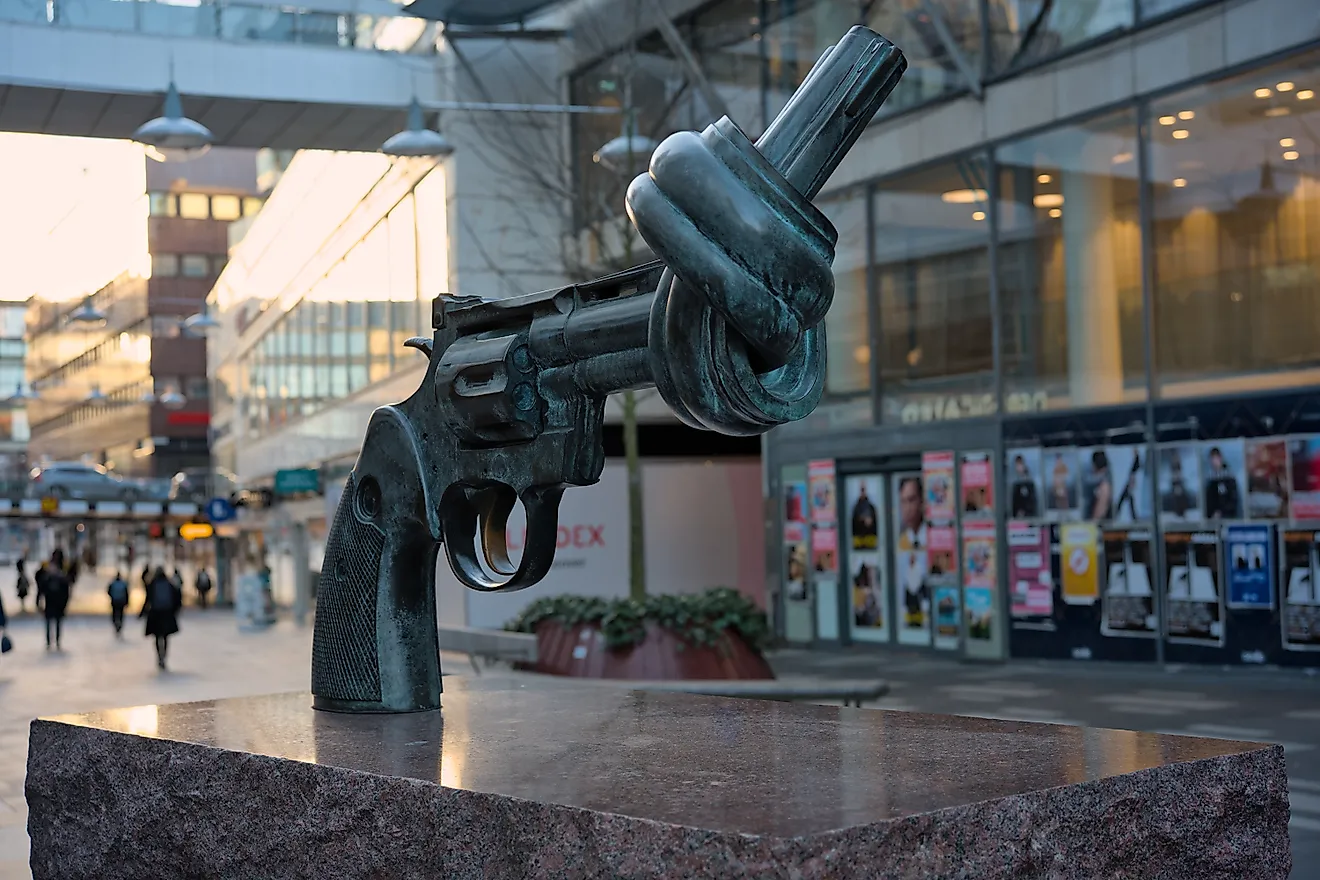New Caledonia, French Territory In The Pacific

- James Cook discovered New Caledonia in 1774
- The Melanesian people were the original indigenous people of New Caledonia
- The process of colonizing New Caledonia featured several violent revolts and reprisals from the indigenous peoples
The world is a vast and amazingly diverse place with different types of people, animals, foliage, and lifestyles scattered across its many lands. These differences are a natural result of geographical separations and wildly varying cultures, but are not always celebrated and bestowed with the significance that they deserve. Rather, history has seen waves of colonizers from the major world powers commit violent subjugation of Indigenous peoples.
These settlers and countries looked to expand their influence and resources, and this practice has roots spanning all the way back to the empires of Ancient Greece and Rome. Nowhere is this colonial destruction more apparent than in the colonization of New Caledonia, where massive lands were taken from the original people living there, and attempts to revolt were brutally crushed. And it all started with a single explorer.
Discovery of New Caledonia
Though New Caledonia had been populated with Melanesians since at least 3000 BCE, they were first "discovered" by the colonial world in 1774 when British navigator and world explorer James Cook landed on the east coast of the mainland and named the newly found territory New Caledonia based on his father's ties to Scotland—"Caledonia" was the Latin name the Romans gave the land that is now Scotland. Upon his arrival on the islands, Cook found a variety of people scattered across river valleys and small villages located on the coasts. This space was a communal one used as a basis for all kinds of activity from social to ritual to political.

Settlers Arrival
Despite, New Caledonia's discovery in 1774, it wouldn't be truly assimilated into the mass colonial network until later in the 1800s. 1841 marks when Australian sandalwood traders introduced the islanders to the usage of iron. France officially took possession of most of the area in 1853, with aims to turn it into a penal colony, a type of settlement meant to punish criminals with forced labor and isolation from society. The French flag would only officially rise in 1864. After its annexation by France, the development of the colony slowly began to center around settlers colonizing the area, mineral and resource gathering, ranching, and the aforementioned establishment of a penal colony. This process involved the taking of notably large tracts of the land that the Indigenous peoples used. Settlers first arrived in 1855 where they occupied a small area in a relatively uninhabited peninsula, but they soon spread, causing conflict.
The French rulers decided that since the Indigenous peoples weren't making full use of the agricultural potential of the land, the space would instead be given over to colonization efforts. Still, despite all these efforts to settle the land, by the turn of the century, New Caledonia would turn out to be a very underpopulated settlement. Only 8,000 or so prisoners were on the territory and a little bit more than 9,000 settlers were based in the area. Despite this relatively small count of people, massive amounts of land were taken from the Indigenous, with over 241,000 hectares of private property and 53,000 hectares of leased land controlled mostly by just a hundred ranchers.
Violence in the Colony
The Indigenous population experienced a significant drop due to disease and violent response to revolts, declining from 60,000 when Cook first arrived to 27,000 by the 1900s.
The devastating effects of the settlers on the local population of New Caledonia cannot be overstated. Their lands were taken from them and they were confined to small designated reserves where little space for farming was available. The result of this slow but steady encroachment drove many of the locals to violence and revolts.
One of the first displays of this violence was in 1856 when early settlers looking for better lands ventured beyond their originally settled territories. They encountered violent opposition and several settlers were killed. This drew a reaction from the colonizers that involved village burning, crop destruction, and further land confiscation.

Another notable instance of violence was the great revolt of 1878. With land taken from them and absentee ranchers allowing their animals to destroy native crops, anger grew in the Indigenous population. French laws also forced the Indigenous men to seek employment under the white settlers or face taxes. A massive revolt followed, causing a violent suppression. In the fight, 1,000 rebels died and many more were deported. Empty rebel territories were given to newly arrived immigrants.
Regardless of these varying efforts, the French response stayed the same each time. Specifically, suppression through destruction of villages, crops, further expropriation of land, and deportation or execution of those fighting against them.
Today in New Caledonia
In 1953, all residents of New Caledonia began to be issued French citizenship regardless of ethnic origin, but the small territory was still a long way away from patching up the racial divides caused by generations of tension between the Indigenous populations and the white settlers. The ethnic Melanesians began officially advocating for independence from France starting in 1979. After years of negotiations, in 1998 with the Nouméa Accord the French government granted them a degree of political freedom, a change of status from overseas territory to an overseas country and then later a unique collectivity, and the ability to hold a referendum on independence, deferred for at least 15 years.
That referendum was held on November 4th, 2018, with 56% voting to remain a French territory.
New Caledonia is home to a rich culture, beautiful and diverse reefs and ecosystems that are a UNESCO World Heritage site, and a growing population. It is well worth a detour to visit next time you find yourself in nearby Australia or New Zealand.
